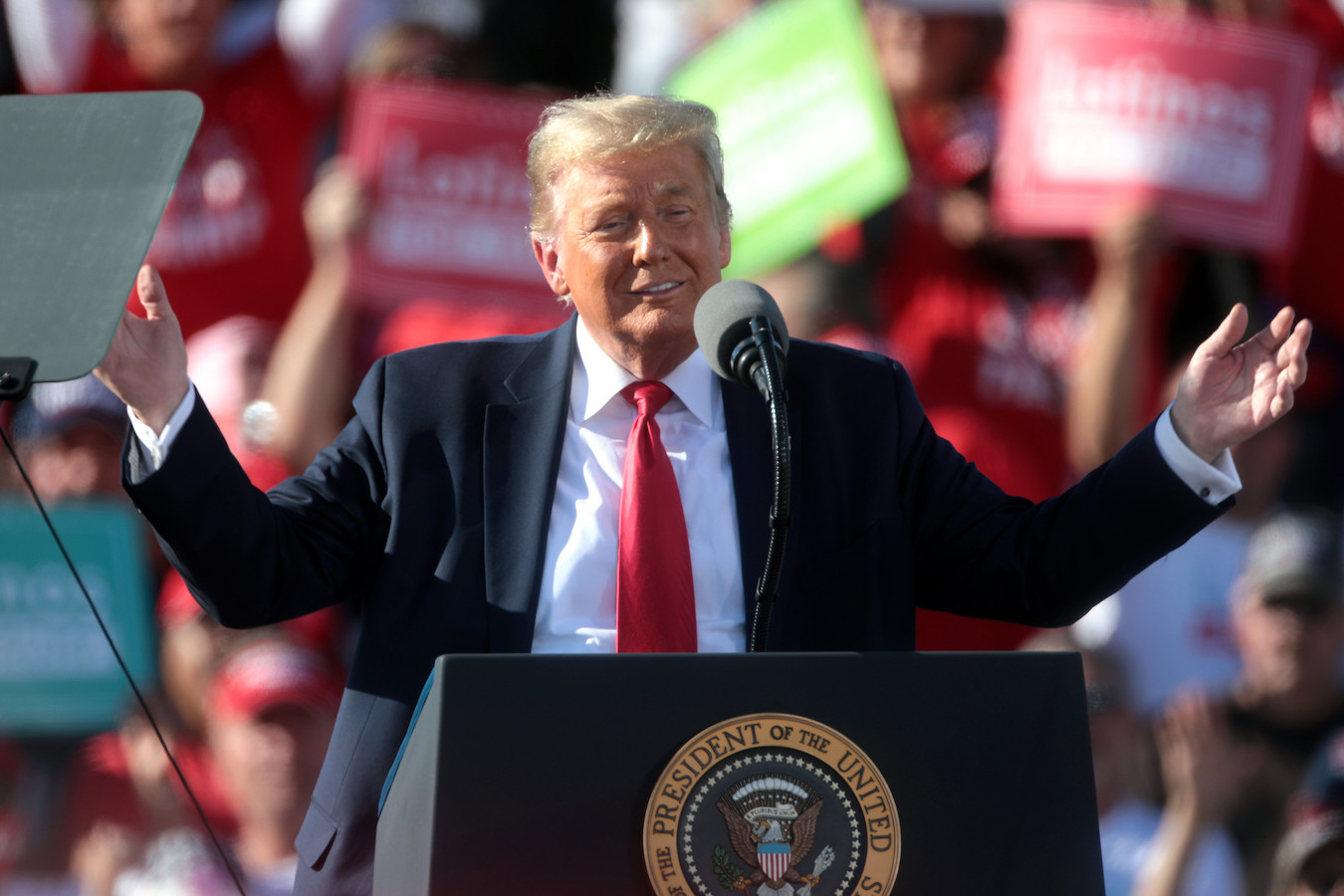by Brian Hioe
語言:
English
Photo Credit: US Secretary of Defense/Flickr/CC BY 2.0 DEED
THE US HOUSE APPROVED 8 billion USD in foreign aid for Taiwan last week. This came as part of a package that contained an overall 95 billion USD in foreign aid, which included 60.8 billion USD for Ukraine and 26 billion USD for Israel.
That aid for Taiwan, Ukraine, and Israel were combined in a single package illustrates how the three issues are linked for the US. Nevertheless, passage of the package was delayed by pushback from Republicans aligned with former US president Donald Trump, popularly referred to as MAGA Republicans, against aid for Ukraine.
MAGA Republicans have often framed Ukraine as a freeloader coasting off of US munificence. To this extent, this has sometimes included embrace of conspiracy theories about Ukraine, as well as unusually positive views of Russia.
To date, MAGA Republicans have called for greater support for Taiwan. Sometimes this has been with the suggestion that aid for Ukraine should be decreased and aid for Taiwan increased. Yet such views raise questions as to what the stances of such individuals might be on US support for Taiwan down the line.
Indeed, as the US presidential elections approach, there are rising concerns about what the implications for Taiwan of a second Trump presidency could be. Although Trump took a phone call from President Tsai Ing-wen before the start of his first term, Trump later proved unusually conciliatory of Chinese president Xi Jinping.
The Trump-Tsai phone call initially led to rosy perceptions of Trump in Taiwan, seeing him in line with Republicans traditionally antagonistic to China on anti-Communist grounds. But there is now greater awareness of the times that Trump has unpredictably flip-flopped on his stances. Incidents such as Trump verbally comparing Taiwan to the size of a pen and China to the size of the desk used in the Oval Office have now been widely reported on in Taiwan. Individuals present in the first Trump administration who held his Taiwan policy in check have now burned their bridges with Trump and will not be in the second Trump administration.
To this extent, the Tsai administration has emphasized the importance of US aid for Ukraine. This is with domestic implications in mind. Namely, the pan-Blue camp has increasingly leaned into casting doubt on the reliability of the US as an ally in wartime. This has been the case after the war in Ukraine, with attempts to attack the Tsai administration by framing Taiwan as potentially seeing retaliation if it becomes too close with the US. Analogy is drawn with Ukraine, by way of the suggestion that Ukraine was only attacked by Russia because it became too close to NATO, suggesting that this would occur with strengthened ties with the US.
 Former US president Donald Trump. Photo credit: Gage Skidmore/Flickr/CC BY-SA 2.0 DEED
Former US president Donald Trump. Photo credit: Gage Skidmore/Flickr/CC BY-SA 2.0 DEED
Furthermore, Ukraine is framed as indicating how the US would not become involved in a conflict between Taiwan and China but only seek to provide arms from afar. But this has also involved casting doubt on the weapons systems that Taiwan provides to the US, with the suggestion that foists useless, dangerous, and outdated arms onto Taiwan in order for its military-industrial complex to profit.
Consequently, the Tsai administration, as well as the succeeding Lai administration, have emphasized US support for Ukraine, in that lack of US support for Ukraine will give ammunition to the pan-Blue camp. Apart from that such narratives have been embraced by the pan-Blue camp, so, too, have such narratives become bound up with Chinese disinformation. This would be a means of discouraging resistance in Taiwan that would take place with the expectation of eventual aid from afar.
After all, China would face steep challenges in mounting an invasion of Taiwan, not only in terms of the loss of life but the significant economic impact that would ensue. That being the case, the Chinese government would prefer to take Taiwan without having to engage in an actual armed conflict.
Either way, the alignment of Taiwan and Israel proves an uncomfortable one in light of Israel’s genocide of Palestinians in Gaza. While most in Taiwan are not attentive to what is occurring in Gaza, the framing aligns defense of Ukraine and Taiwan uncomfortably with Israel’s mass violations of human rights. Yet this is not exactly a new alignment where US geopolitical directives are concerned, in terms of attempts to contain China or Russia.
It is generally expected that the package will not have subsequent difficulties being singed into law. But as there were delays in the approval of the package, the Tsai administration has sought to reassure that this indicates continued US support of Taiwan, as well as that such support occurs on a bipartisan consensus. It is another question entirely as to whether the Taiwanese public accepts this narrative, however.

